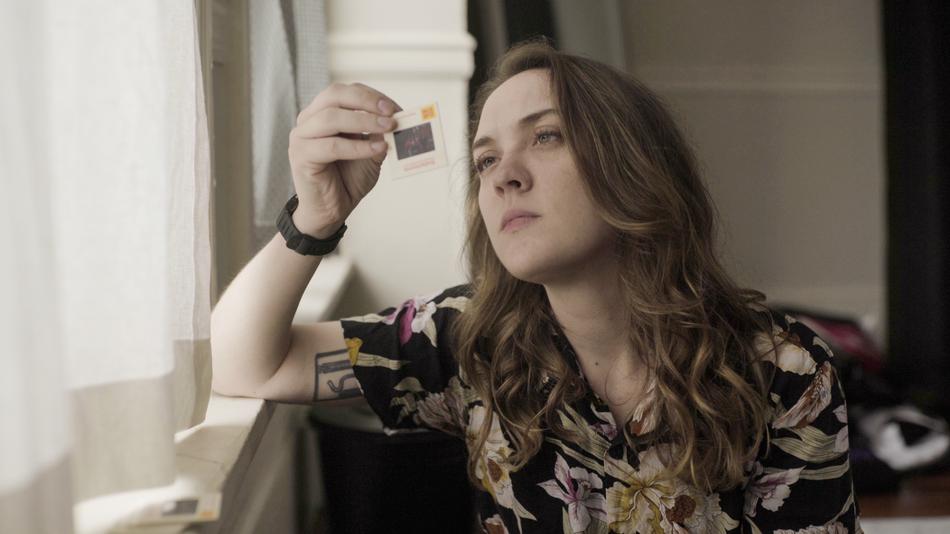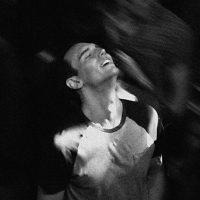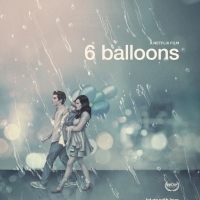Directed by photojournalist Amanda Mustard and cinematographer Rachel Beth Anderson, Great Photo, Lovely Life encapsulates a documentary eight years in the making of how intergenerational trauma’s ripple effect can have such severe and lasting consequences. Determined to crack open the wounds her family has kept hidden for decades, Amanda conducts interviews and uncovers photographs and home video tapes with subjects including her grandfather, sister, mother, uncle and survivors at the mercy of her grandfather’s on-going sexual abuse.

The dysfunction that rooted itself in Amanda’s family comes out in a myriad of ways, though namely in the obedience of staying silent. Whether it’s not knowing right from wrong in childhood or preferring to sweep messy and shameful behavior under the rug, the passivity in opening up about her grandfather’s sexual abuse towards children during his career as a chiropractor ran abundant in her relatives as well as their religiously conservative community at large. Not until 1992 did Amanda’s grandfather serve a modest sentence in prison, prior to that only getting two years probation for committing statutory rape.
The documentary delves into her grandfather’s childhood where we learn that his father had plenty of extramarital affairs (though not with young children) and his mother turning a blind eye to her husband’s illicit behavior. In keeping with decades of secrecy, interviews with Amanda’s grandfather have him genuinely believing that he has done no harm, or at the very least believing that there’s “no use in bringing up the past” because it’s too late for any change to take place. Interestingly enough, he describes his wife as well as his mother as women who could “do no wrong”, perhaps as a way of projecting a lack of blame on them as he feels he should also receive.
Interviewing her sister, Angie, who was an infant when their mother Debi had to move back in with her grandfather and was essentially trapped, is particularly difficult to hear. “I felt like I was trying to tell the world, but no one was listening”, states Angie, whose strained ties with her mother from her experiences in childhood are palpably felt throughout the documentary. Great Photo, Lovely Life does an exceptional job of delicately balancing multiple viewpoints and showcasing the intricacies and complex relationships that ties a family together despite so much hidden trauma.
While such irreparable damage would be impossible to forget, the central takeaway Amanda highlights in her film is the importance of recognizing the irreversible acts that have transpired, no matter the length of time that has passed. “What’s still missing is the acknowledgement that they did something wrong”, says one subject who was forced into abuse by the hands of Amanda’s grandfather. Continually denying his own guilt and responsibility until his deathbed, Great Photo, Lovely Life doesn’t strive for any easy answers, but rather that awareness and transparent conversation are essential as one step in the life-long journey of healing.





